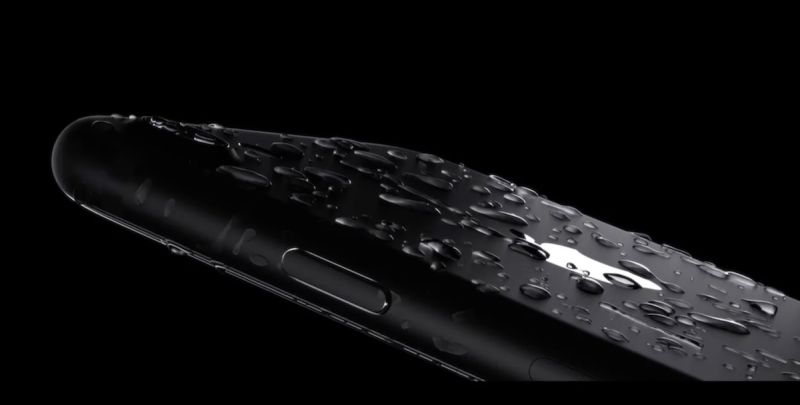
Qualcomm has filed a 139-page rebuttal of a lawsuit lodged by Apple in January in which the US chipmaker counterclaimed that the iPhone giant was "misrepresenting facts and making false statements."
It alleged that Apple had "breached" and "mischaracterized" deals it had in place with Qualcomm and accused the Tim Cook-run firm of interfering with the chipmaker's "long-standing agreements" with iPhone and iPad manufacturers, such as Foxconn.
Some Qualcomm chipsets are loaded into Apple's iPhone 7, while others carry Intel chipsets. In its partially redacted filing, Qualcomm claimed:
Apple effectively chose to limit the performance of the Qualcomm-based iPhones by not taking advantage of the full potential speed of which Qualcomm's modems are capable. Apple's actions were intended to prevent consumers from realizing that iPhones containing Qualcomm chipsets performed far better than iPhones containing chipsets supplied by Intel.
The chipmaker further alleged that Apple attempted to gag Qualcomm from publicly disclosing "the superior performance" of its products.
"To try to prevent disclosure of the performance disparity between the Qualcomm chipset and the Intel chipset, Apple told Qualcomm that it would be 'unacceptable' for Qualcomm to make or sponsor any public comparisons between the Qualcomm-based iPhone and the Intel-based iPhone," it alleged. Qualcomm claimed:
Apple warned that if Qualcomm engaged in or sponsored such comparisons, Apple would use marketing resources at its disposal to 'retaliate' against Qualcomm and that Qualcomm's standing as an Apple chipset supplier would be jeopardized.
But Apple stated publicly—and falsely—that there was 'no discernible difference' between iPhones using Intel chipsets and iPhones using Qualcomm chipsets.
San Diego-based Qualcomm—in a filing that highlights deep-seated unease between the chipmaker and one of the world's most well-known brands—has accused Apple of violating California's competition law.
At the start of this year, Apple filed a $1 billion lawsuit against Qualcomm in the US in which it alleged that the chipmaker's licensing practices amounted to "extortion."
Days later, the bitter battle spread to China when Apple filed a brace of lawsuits in Beijing's Intellectual Property Court, accusing Qualcomm of abusing its dominant position in the chipset market and claiming that its standard essential patents weren't licensed at a fair and reasonable rate.
By Monday, Qualcomm—which has faced a torrid time at the hands of regulators in the US, China, and South Korea—defended what it said was "the value of the technologies" that it had "invented, contributed, and shared with the industry through its licensing program."
It claimed that Apple hadn't only meddled with Qualcomm's royalty payments and hobbled its iPhone chips, but also accused the Cupertino-based multinational of "encouraging regulatory attacks" on the chipmaker's business "in various jurisdictions around the world."
Qualcomm said it was seeking damages from Apple for allegedly rowing back on "its promises in several agreements."
"We intend to vigorously defend our business model, and pursue our right to protect and receive fair value for our technological contributions to the industry," said the chipmaker's general counsel, Don Rosenberg.
In response to the chipmaker's counterclaims, Apple reiterated its statement from January when it alleged that "Qualcomm built its business on older, legacy standards but reinforces its dominance through exclusionary tactics and excessive royalties."
Listing image by Apple
reader comments
151